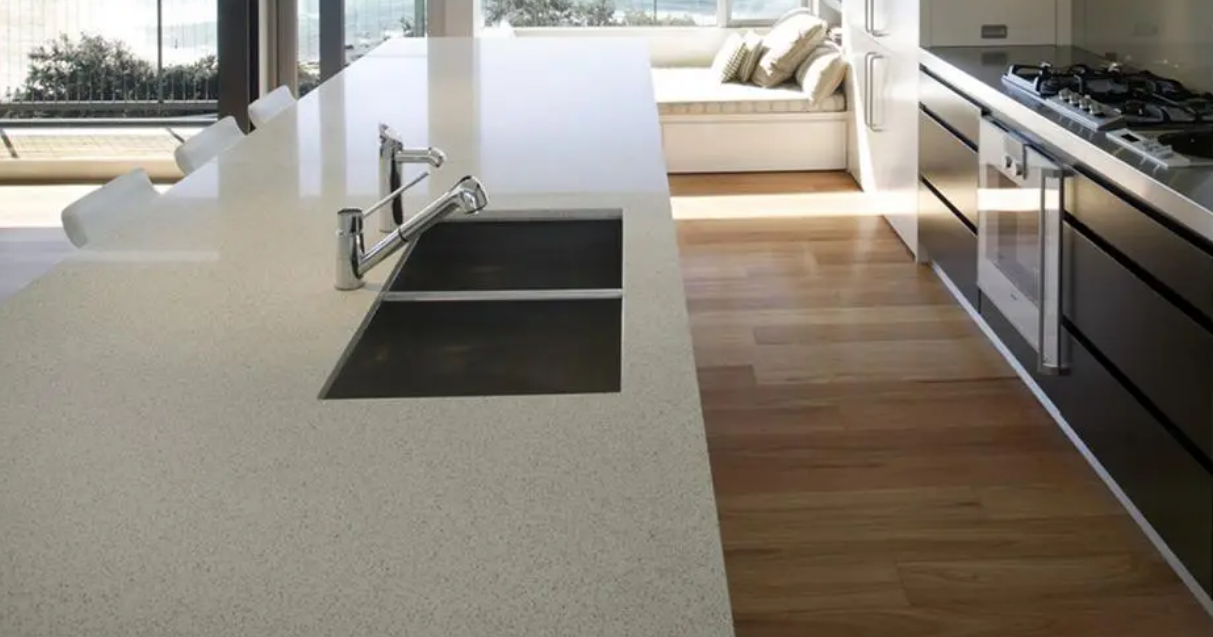The Rarity of High-Quality Granite
Granite's price is largely influenced by its rarity and the availability of specific colors and patterns. Some types of granite are abundant, while others, like the exotic Blue Bahia from Brazil, are much rarer and come with a higher price tag. The uniqueness of each slab—no two pieces are alike—adds to the allure and the cost. High-demand colors and intricate vein patterns that are less commonly found in nature make certain slabs more valuable and sought after.
Costly Quarrying and Processing
Extracting granite from the earth is an intensive process that starts with quarrying large blocks using high-precision equipment. This process requires skilled labor and advanced machinery, both of which add considerable costs. Following extraction, the granite must be cut into slabs, polished, and often shipped internationally. This stage involves even more specialized labor and expensive equipment to ensure each piece meets quality standards, contributing further to granite's high cost.
Transportation and Handling
Granite is incredibly heavy, with a standard slab weighing approximately 1,200 pounds. The cost of transporting these heavy slabs from quarries around the world to local distributors adds a significant amount to the final price. Moreover, handling granite requires special equipment and care to prevent damage, adding to the overall expense.
Durability and Longevity
Granite is prized for its durability. It resists scratches, heat, and stains better than most other natural stones, making it a long-term investment for homeowners. This longevity justifies the initial high cost as granite countertops, when properly maintained, can last a lifetime. The value provided by granite, in terms of both aesthetics and functionality, supports its market price.

Installation Complexity
Installing granite countertops is not a DIY-friendly project. It requires professional installation by skilled craftsmen. The process includes precise measuring, cutting for fixtures, and ensuring a level surface. These labor costs, combined with the need for specialized tools and equipment, contribute to the overall expense of choosing granite for a home or business project.
Market Demand and Home Value
The enduring popularity of granite in home construction and renovation projects keeps its demand—and consequently its price—high. Homeowners often prefer granite for its natural beauty and the luxurious touch it adds to spaces, which in turn can increase the resale value of a home. This potential return on investment makes people willing to pay a premium for granite installations.
For a deeper dive into why is granite so expensive, explore our comprehensive analysis.
Customization Options
Granite offers extensive customization options, from finishes and edges to the slab's exact dimensions, contributing to its exclusivity and higher cost. Custom cuts for unique kitchen or bathroom designs require meticulous craftsmanship, pushing the price upward.
Understanding the multiple factors that contribute to granite’s cost—from quarrying and processing to its unbeatable durability and the luxurious aesthetic it provides—explains why granite remains a premium material in the construction and renovation markets. Its cost is a reflection of its quality and the extensive effort required to bring this natural stone from the quarry to your home.
